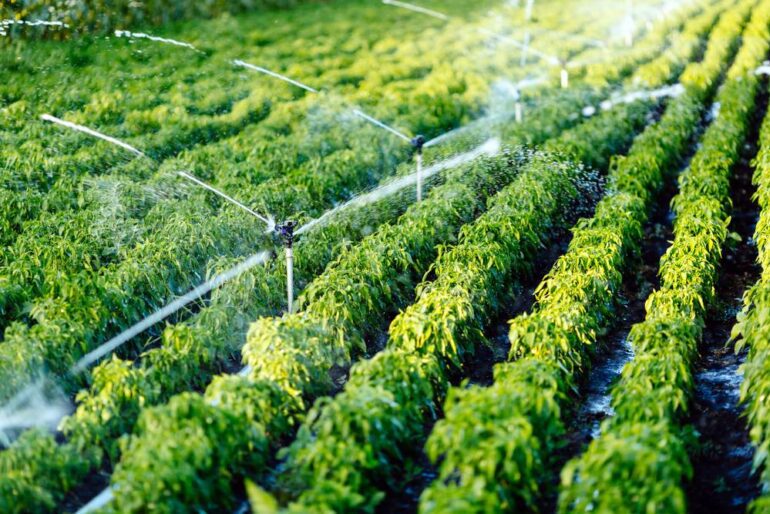TL;DR:
- AI and machine learning are in the early stages of revolutionizing the irrigation sector.
- Their primary goal is to enhance water-use efficiency and promote water conservation.
- The Irrigation Association is committed to addressing food security and water conservation through collaboration and innovation.
- Industry experts emphasize the potential of AI in content creation, learning management systems, and preserving institutional knowledge.
- AI’s future applications include predicting maintenance issues, optimizing supply chains, and assessing environmental impacts.
- AI and machine learning are seen as complementary tools to enhance efficiency and effectiveness in irrigation.
Main AI News:
The influence of AI and machine learning in the irrigation sector is still in its nascent stages, but the potential is vast. These technologies are poised to reshape the future of irrigation by focusing on a singular objective: enhancing water-use efficiency, ultimately leading to water conservation.
At the recent Irrigation Show and Education Week, hosted by the Irrigation Association in San Antonio, IA President Randy Wood articulated the industry’s commitment to addressing the critical issue of food security through water optimization. He emphasized the industry’s dedication to safeguarding every drop of water, advocating for a skilled workforce, and providing services to ensure water availability for future generations.
Randy Wood, President and CEO of Lindsay Corp., headquartered in Omaha, Nebraska, added, “This endeavor necessitates our collective dedication to a common goal, achieved through collaboration, the promotion of the prudent use of water, the advancement of a thriving industry, and innovation in preserving natural resources.”
Insights from Industry Experts
The panel discussion, moderated by IA CEO Natasha Rankin, featured insights from industry experts, including Julie Bushell, Vice President of Paige Electric, Columbus, Nebraska, and Mike Haldane, Director of Commercial Operations for Calsense, Carlsbad, California.
Mike Haldane highlighted the evolving role of AI in content creation, stating, “We are just scratching the surface of what is possible. AI is currently employed in generating technology and marketing content, such as tech manuals. It enables us to streamline processes, generate well-structured content with impeccable grammar and punctuation, and even produce initial content drafts.”
From a business perspective, Haldane also noted AI’s application in learning management systems, facilitating employee education on HR topics and cybersecurity.
Julie Bushell emphasized the significance of AI in expediting processes and preserving institutional knowledge. She noted, “AI is of immense importance, not only for irrigation but for all industries. It empowers the next generation of managers and irrigators to capture the wisdom accumulated by industry veterans over the past few decades. Such tools will be indispensable for our future success.”
The Road Ahead
Looking ahead, Mike Haldane envisioned AI and machine learning as predictive tools for identifying maintenance issues in irrigation equipment well in advance. He explained, “Perhaps we can detect signs of trouble, like a slowing solenoid or a partially closed valve, and take proactive measures, potentially predicting maintenance needs two months ahead.”
Haldane also highlighted AI’s role in optimizing supply chain logistics to ensure the timely availability of resources based on demand.
Julie Bushell elaborated on AI’s potential in studying the impact of groundwater pumping on surface water and similar environmental concerns. She concluded, “AI should be viewed as an additional set of tools to enhance our efficiency and effectiveness. It offers countless possibilities to make a significant, long-term impact on the world. It is not a replacement for current practices but a complementary force driving us toward our shared objective: water conservation and optimized water utilization.”
Conclusion:
The integration of AI and machine learning into the irrigation industry signifies a significant shift towards improved water management and efficiency. This transformation not only addresses water conservation but also has the potential to drive innovation and sustainability in the market, ensuring a more prosperous future for all stakeholders.

